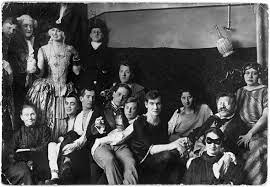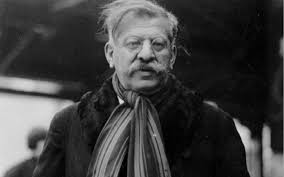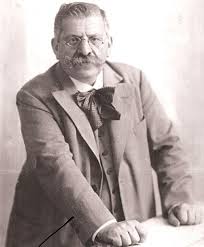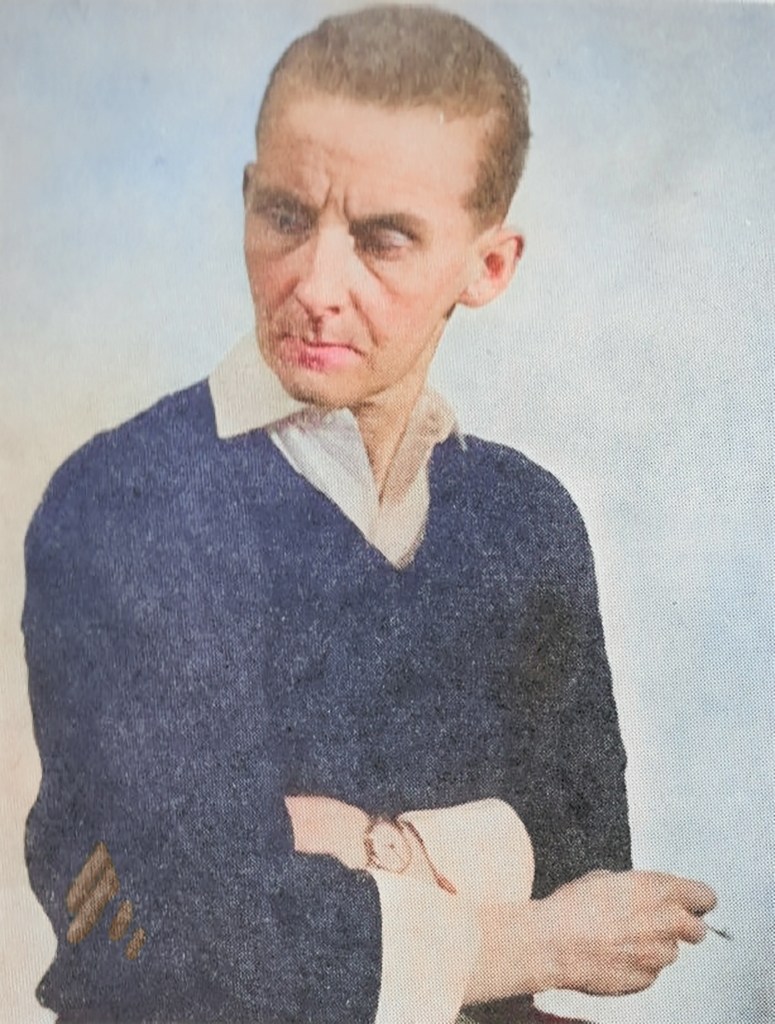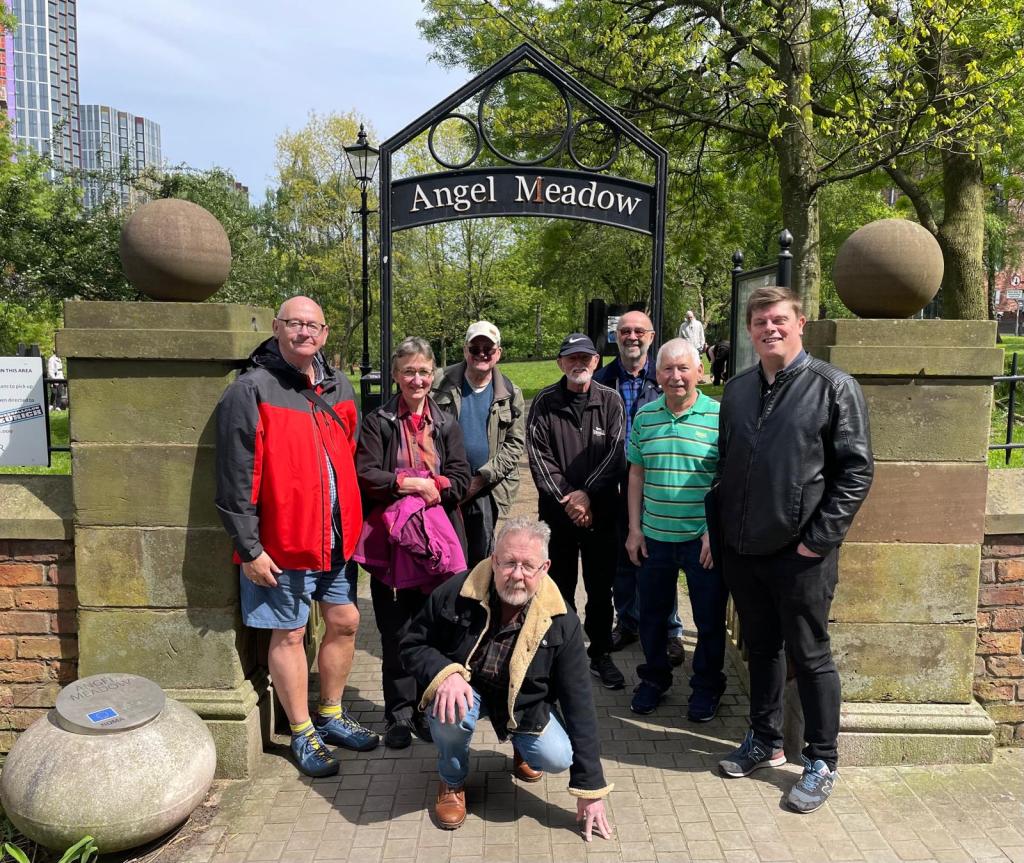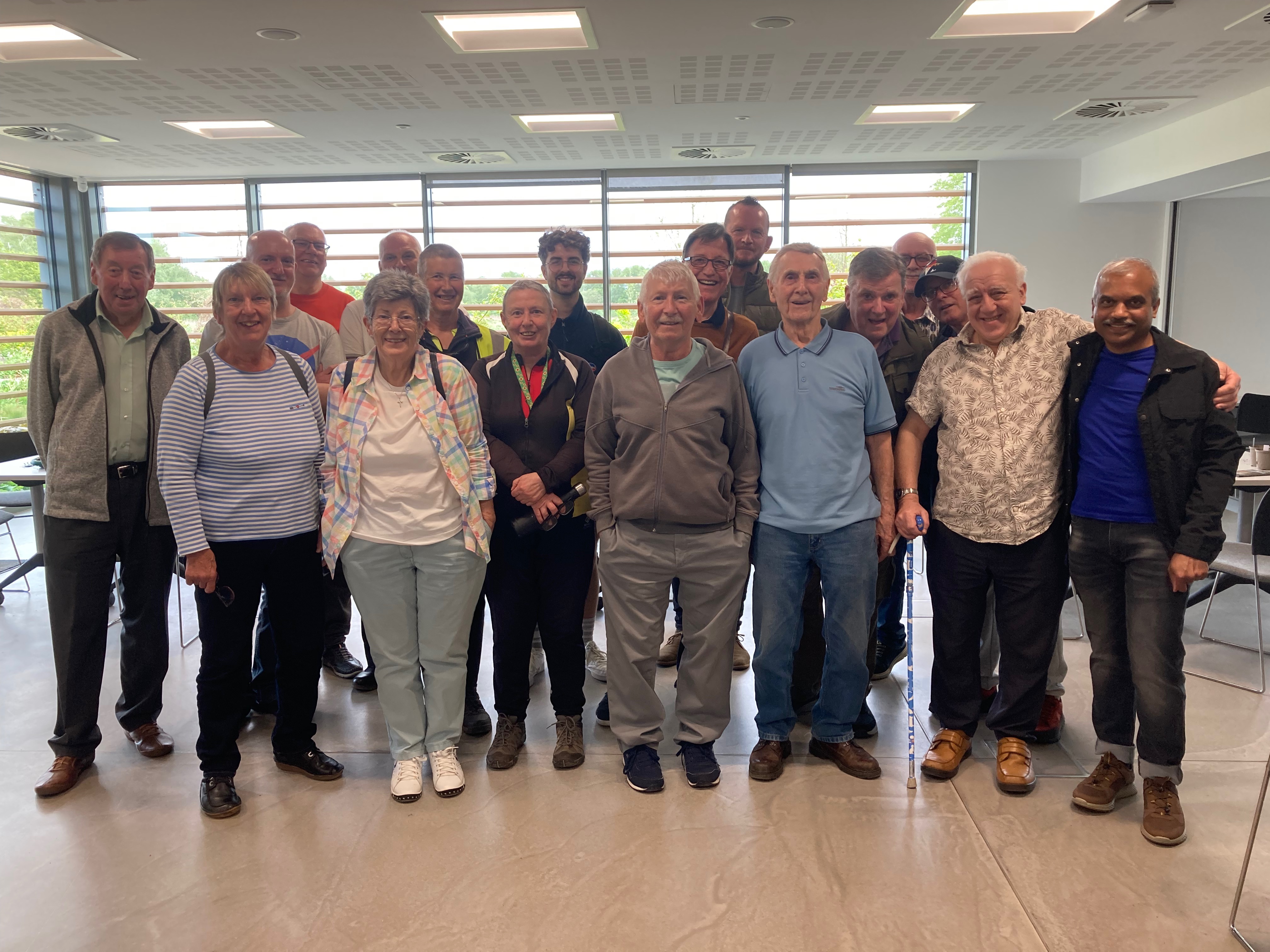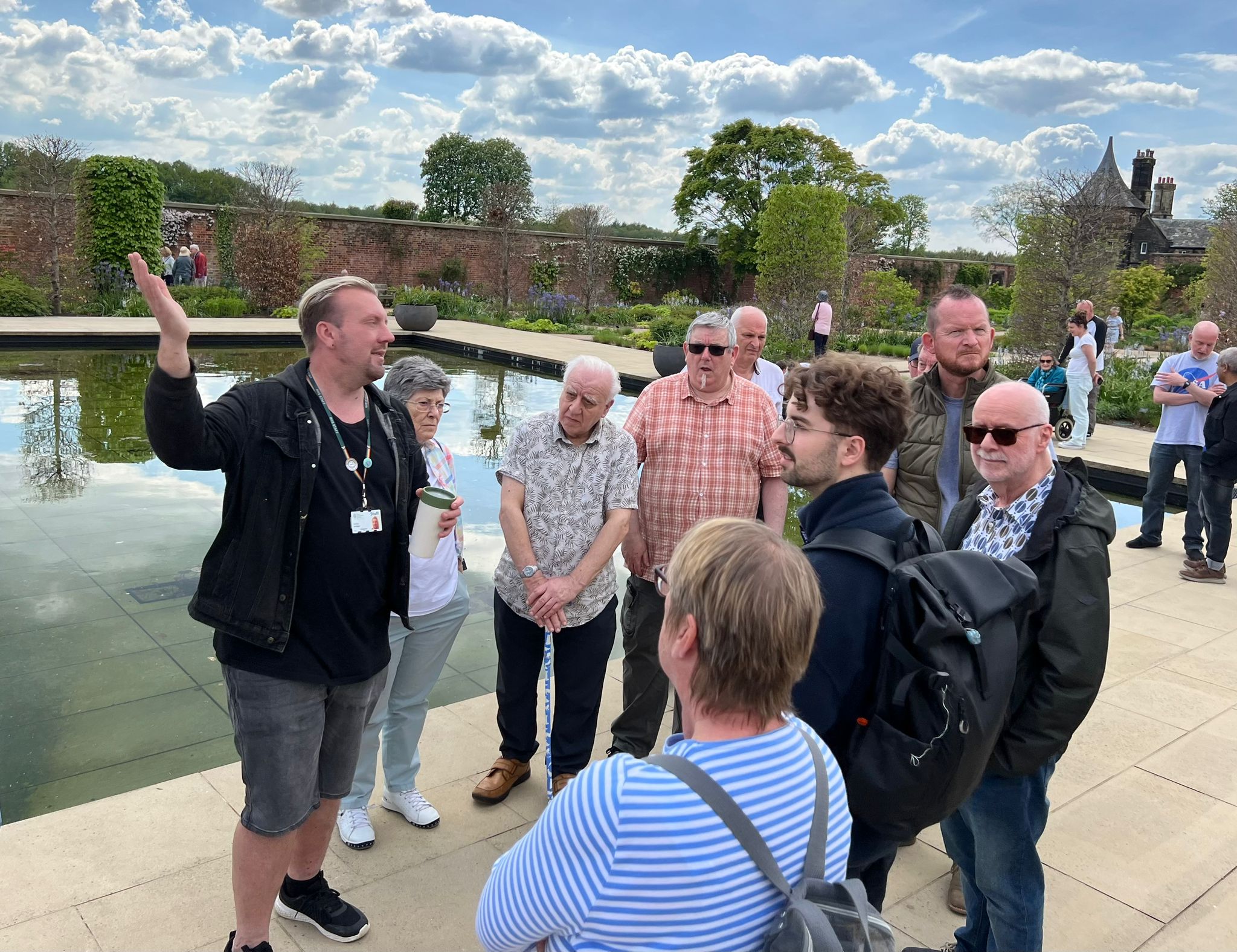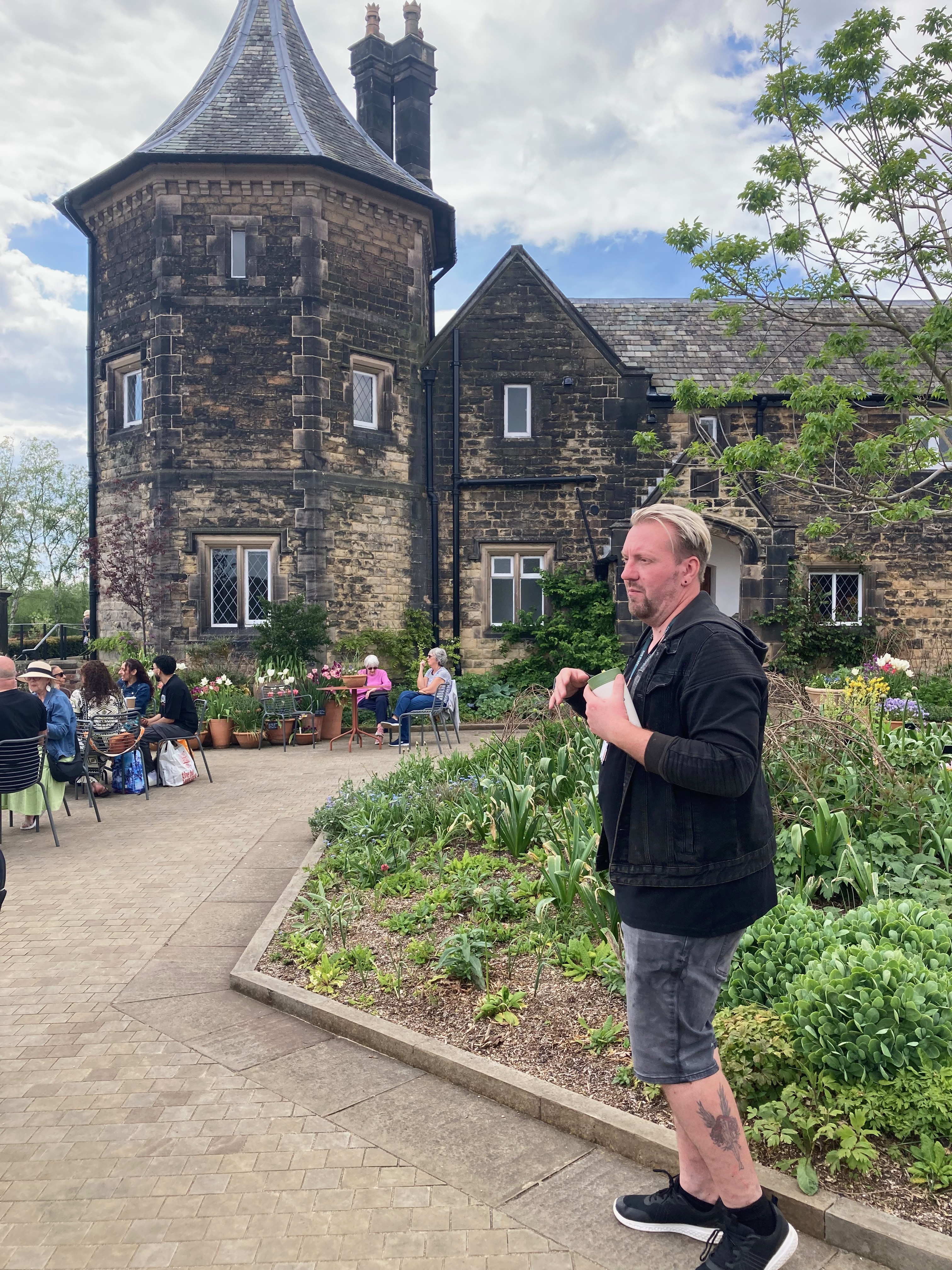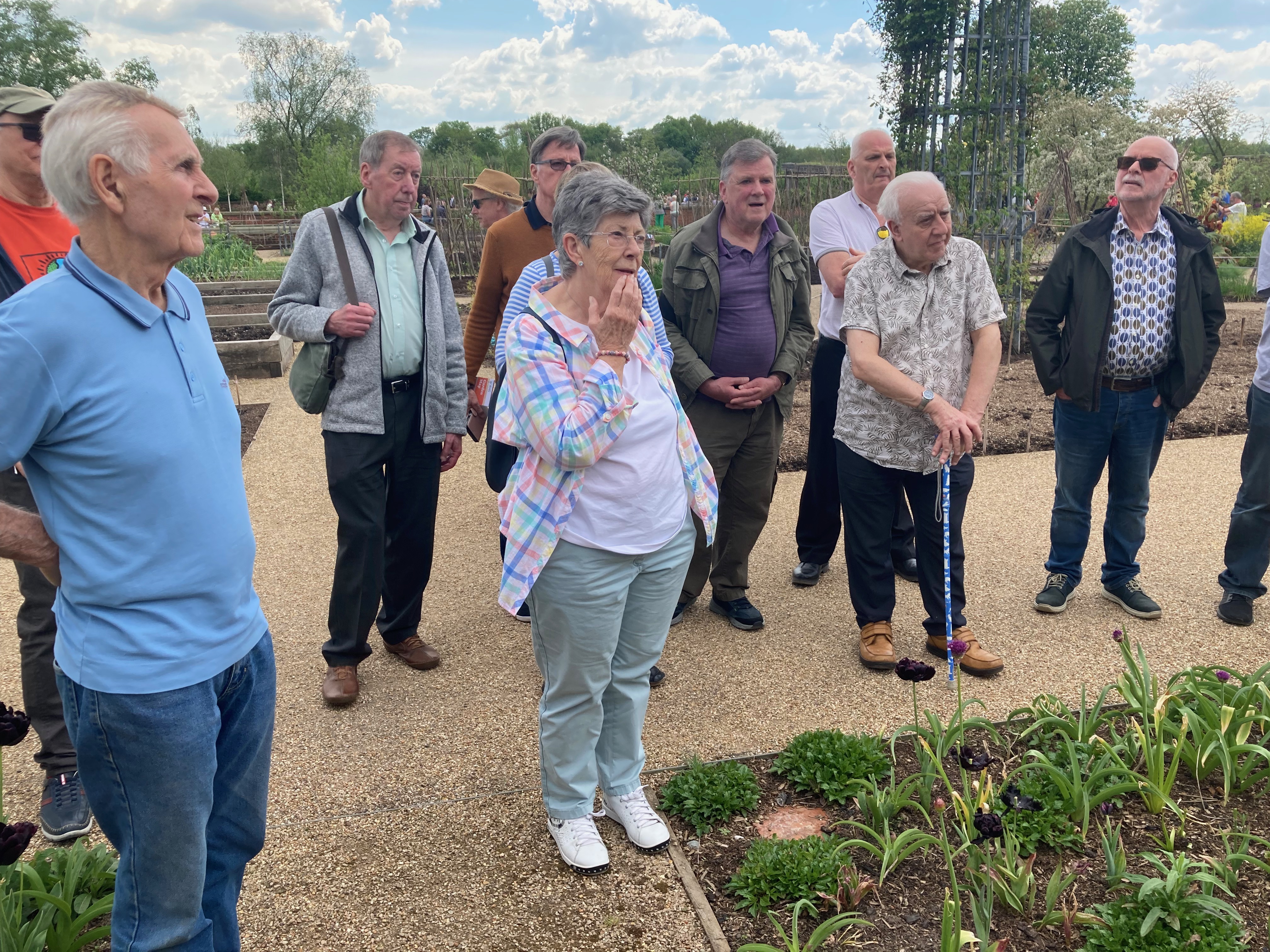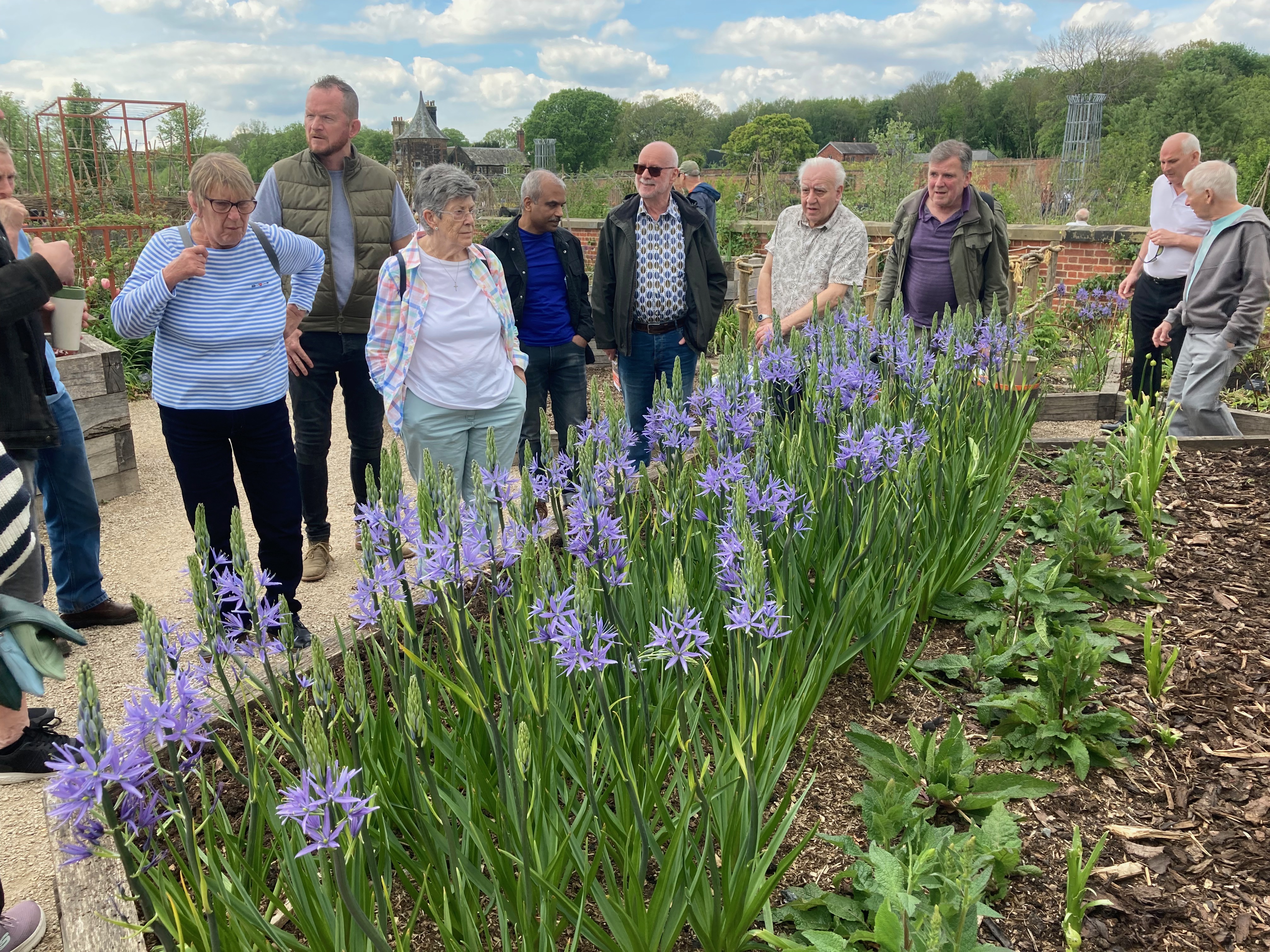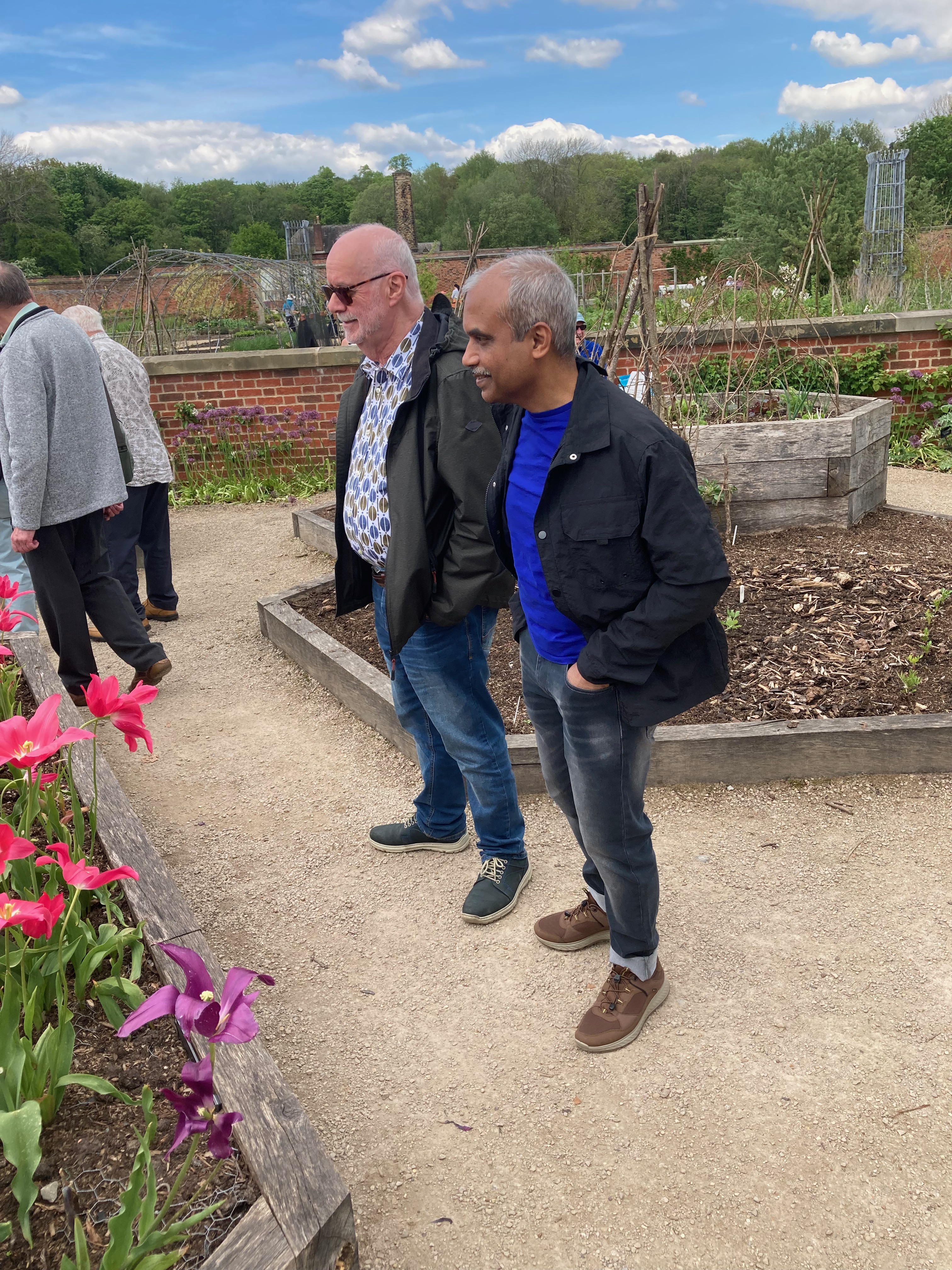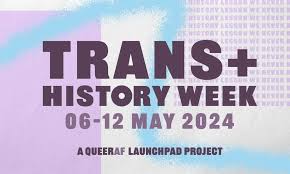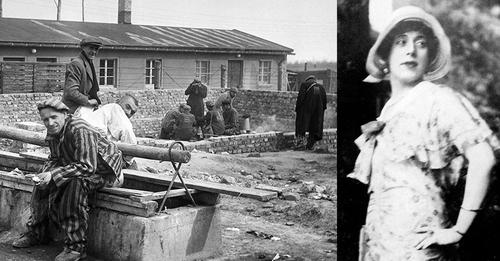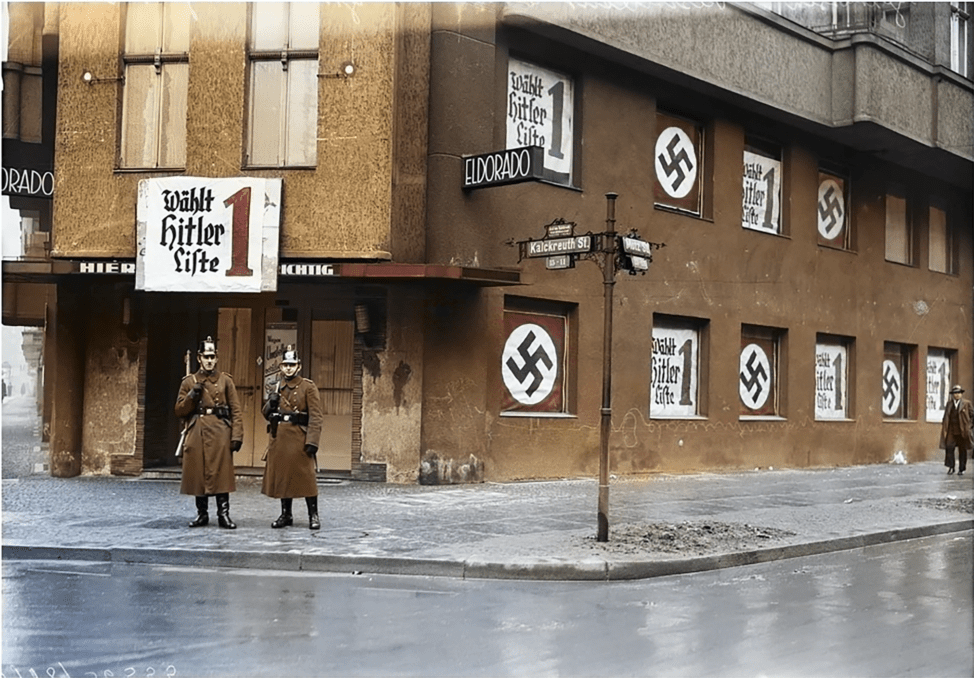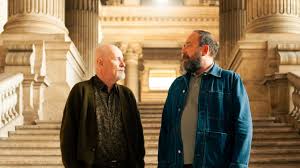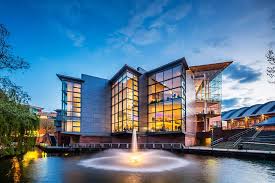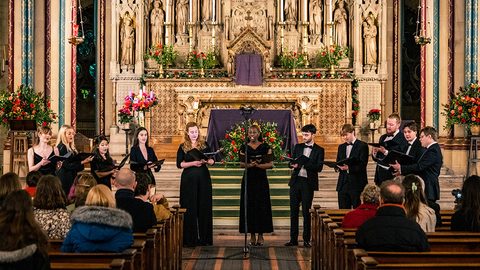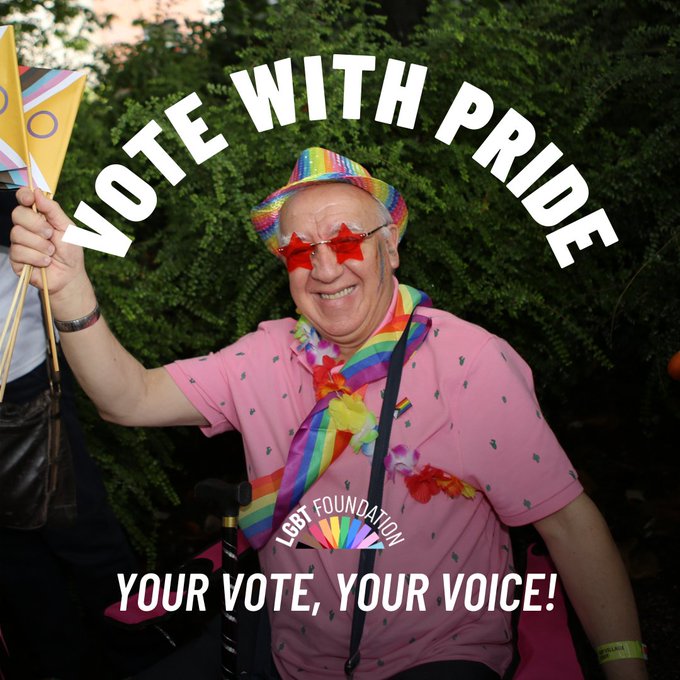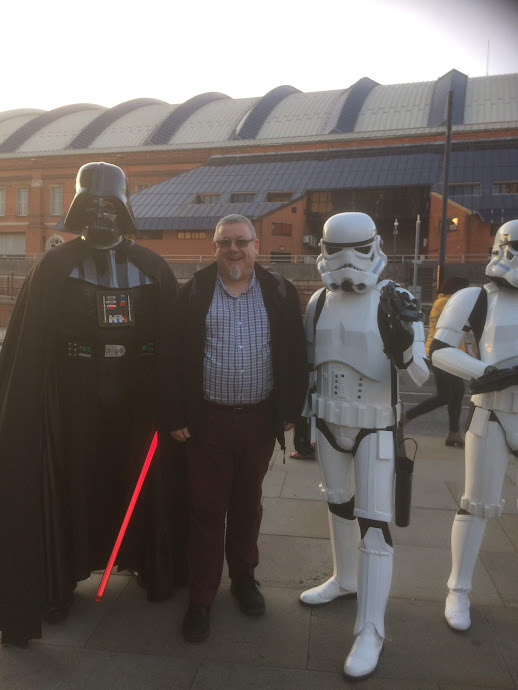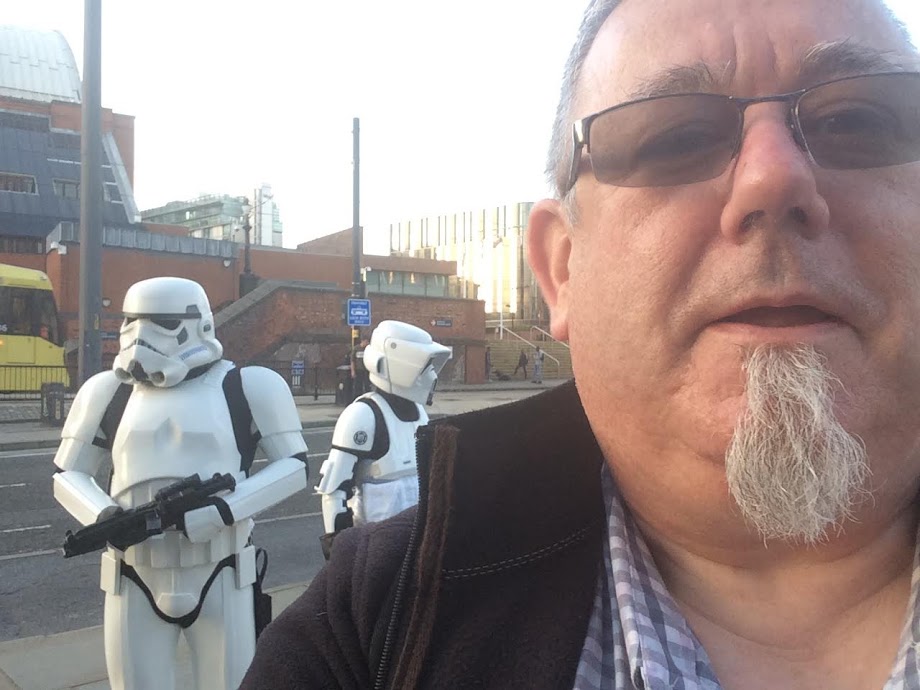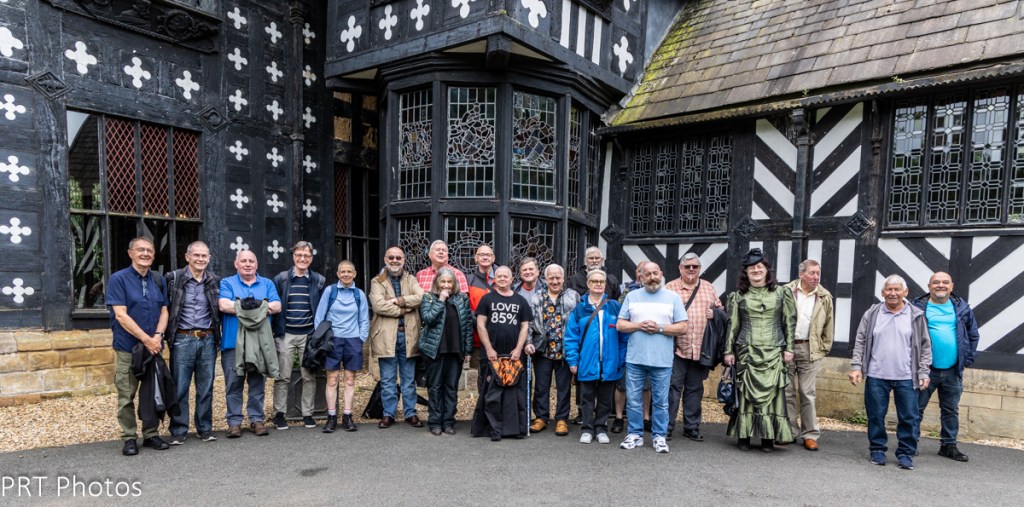
Samlesbury Hall
We set off just before 10.30am in a coach from Manchester and reached Samlesbury Hall in under an hour.
On arrival we headed for the Heritage Café and enjoyed a wonderful lunch before visiting the Grade I listed medieval manor house, which attracts more than 50,000 visitors each year.
Samlesbury Hall is a historic house in Samlesbury, Lancashire, six miles east of Preston. It was built in 1325 by Gilbert de Southworth (born 1270), and was the primary home of the Southworth family until the early 17th century.
The hall has been many things in its past including a public house and a girls’ boarding school, but since 1925, when it was saved from being demolished for its timber, it has been administered by a registered charitable trust, the Samlesbury Hall Trust.
Lots of photos can be seen here.


Lesbians and Gays Support the Miners
A 40th Anniversary Party of “Pits and Perverts” is being held at the Electric Ballroom on 16 May 2024.
Lesbians and Gays Support the Miners (LGSM) was an alliance of lesbians and gay men who supported the National Union of Mineworkers during the year long strike of 1984 – 1985. By the end of the strike, eleven LGSM groups had emerged in the UK and the London group alone raised £22,500 by 1985 (equivalent to £86,000 today) in support.
During the strike, the Thatcher government sequestered the funds of the National Union of Mineworkers (NUM), meaning that it was pointless for supporters of the strike to send donations to the national union. Instead, support groups in Britain were encouraged to “twin” with the various mining communities.

Among these organisations, the LGSM was formed by Communist Party of Great Britain activist Mark Ashton and his friends, after they collected donations for the miners at the 1984 Lesbian and Gay Pride march in London. At that pride march, Mark Ashton and Mike Jackson ended up collecting around £150. The London LGSM group met and fundraised in numerous locations, including the Gay’s the Word bookshop.
In November 1984, a group of lesbians broke away from LGSM to form a separate group, Lesbians Against Pit Closures, although some lesbians remained active in the LGSM campaign rather than joining the women-only group.
In addition to raising approximately £22,500 for the families who were on strike, there were reciprocal visits. The largest fundraising event that LGSM organised was the “Pits and Perverts” benefit concert, which was held in the Electric Ballroom in Camden Town, London on 10 December 1984. The event was headlined by Bronski Beat and its lead singer, Jimmy Somerville.
The miners’ groups were also among the most outspoken allies of the LGBT community in the 1988 campaign against Section 28.


IDAHOBIT
The International Day Against Homophobia, Transphobia and Biphobia (IDAHOBIT) was created in 2004 to draw attention to the violence and discrimination experienced by LGBT+ people.
It is observed annually on 17 May, and aims to raise awareness about discrimination against LGBT+ communities worldwide.
International Day Against Homophobia, Transphobia and Biphobia is currently celebrated in more than 130 countries, including 37 where same-sex acts are illegal. Thousands of initiatives, big and small, are reported throughout the world.
This year’s theme is “No One Left Behind: Equality, Freedom, and Justice for All”, and despite progress, challenges persist.
Findings from the 2019 National LGBT Survey revealed:
- Over two-thirds of respondents avoid public displays of affection due to fear of negative reactions.
- Shockingly, over 40% have experienced harassment or violence, with many incidents going unreported.
- Accessing mental health services remains difficult for over 28% of respondents.


Letter to MP
A member of Out In The City wrote the following letter to his MP:
“I’m writing after reading about further attacks on the rights of trans people within the NHS.
This is the latest in a tide of hate and prejudice against trans people from the current government.
By far most of this directed at transwomen, statistically the most disadvantaged and vulnerable group in the UK.
The latest rule, saying trans people will be classified by sex rather than gender is as dangerous as it is ridiculous. Will trans women, who, by the way will often have the ‘biological’ genitals of a cisgender woman not be ‘at risk’ if placed with males? And do cis women really prefer transmen (who are always missing from this debate) in their women only wards? Transmen often are completely transitioned with a functioning penis, but apparently this is ‘safer’ for women than transwomen.
The deliberate conflation of trans people, particularly women, with rapists, abusers and even paedophiles has become the norm in this country, in the street, the media and even in Parliament, and I do not see Labour objecting to this persecution. One can hardly expect more from the Tories!
Enough nonsense has been allowed to be aired on this subject by uneducated, ill informed transphobes and extreme feminists eg J K Rowling, and never is there a counter argument heard from those affected or the experts in this area.
I am distressed and disgusted at this unchallenged attack on the trans Community.
Please speak to the LGBT Foundation CEO Paul Martin who I’m sure will be happy to explain the facts around the relative victimisation versus aggression of transwomen. Somebody needs to have the guts to stand up and challenge this misrepresentation of the facts and of an increasingly marginalised minority group.
If not Labour then who?
A demoralised Labour supporter.”

The response from the MP was as follows:
“Thank you for contacting me about the current discourse in politics surrounding trans people and their treatment within our NHS. I am sorry to hear that you are demoralised by the Labour Party at the minute.
I understand this is an extremely sensitive issue and I appreciate the serious concerns you have raised on this matter.
This discourse can often be emotive and politically charged, leading to debates in Parliament and the media that may not accurately reflect the experience of trans people and others. I believe responsible politicians need to understand that this concerns real people’s lives. Indeed, the Home Office has acknowledged the discussion of transgender issues by politicians, the media and social media may have led to an increase in hate crimes.
On the Government’s recent proposals for the NHS Constitution to give women the right to accommodation only shared by those of their biological sex, I am glad that the Government will consider responses to their proposals from the public, clinicians and medical professionals, patients, carers and organisations representing patients and staff and health stakeholders, before publishing its response and a new NHS Constitution. I will follow developments on this closely.
It is clear the country needs a different approach: one that does not treat LGBTQ+ rights as a political football or an afterthought, that acknowledges concerns about changes to legislation in this area but discusses these respectfully, and that restores our country’s reputation as a beacon of LGBTQ+ freedom and equality.
I am committed to working to end discrimination against trans, non-binary and gender diverse people.
More widely, we need a full, trans-inclusive ban on conversion practices, as well as to modernise, simplify and reform the gender recognition law to a new process, while continuing to support the implementation of the Equality Act 2010 including its provision for single-sex exemptions.
I am proud of the work that my Labour colleagues past and present have done to move Britain forward and advance LGBTQ+ rights – including the introduction of the Gender Recognition Act 2004, passing the Equality Act 2010, repealing section 28 and introducing civil partnerships.
Thank you once again for contacting me about this issue. I hope this response assures you of my commitment that I will continue to fight discrimination, bigotry and hatred against LGBTQ+ people.”
If you want to write to your MP, see https://www.parliament.uk/get-involved/contact-an-mp-or-lord/contact-your-mp/


